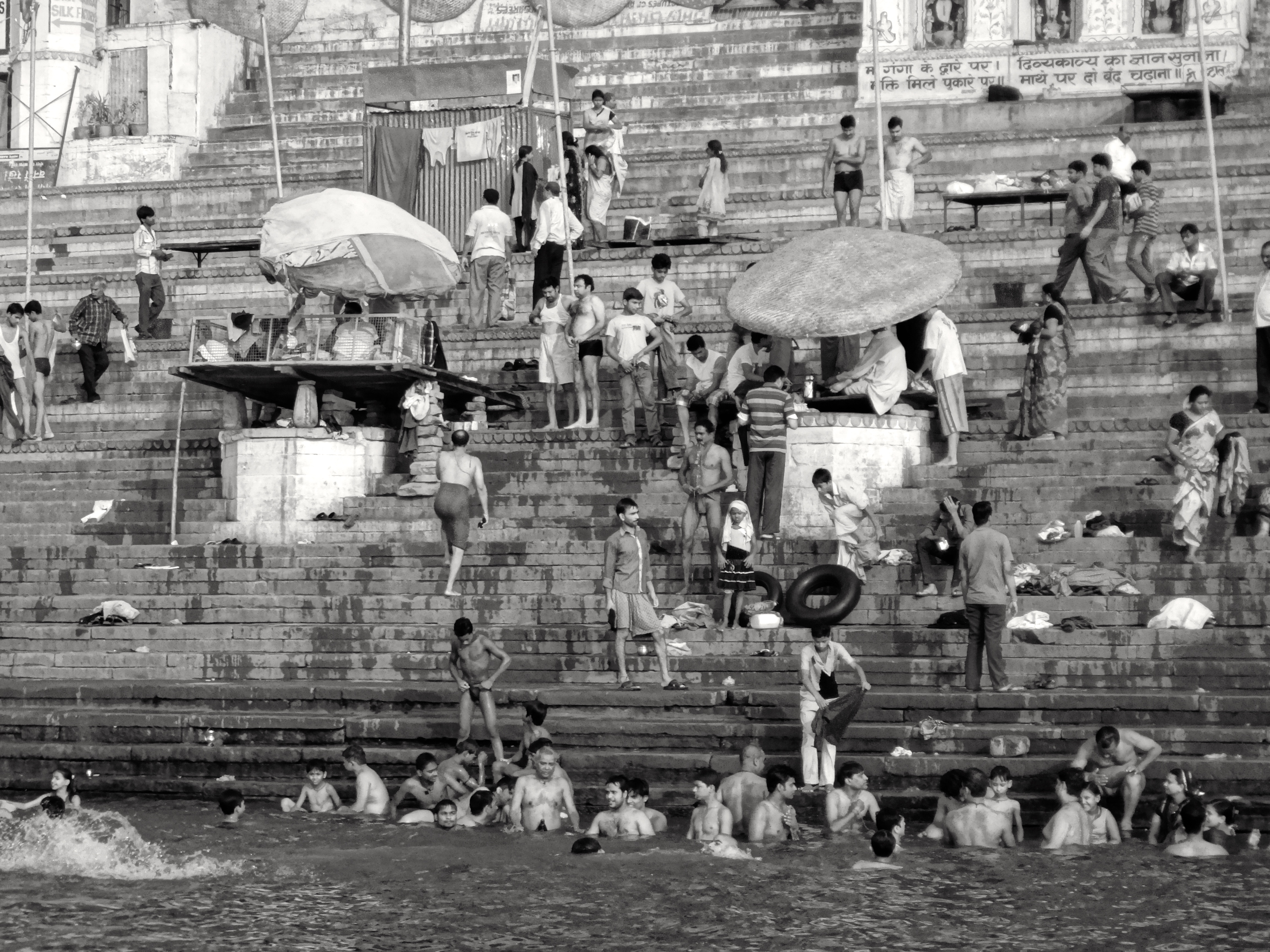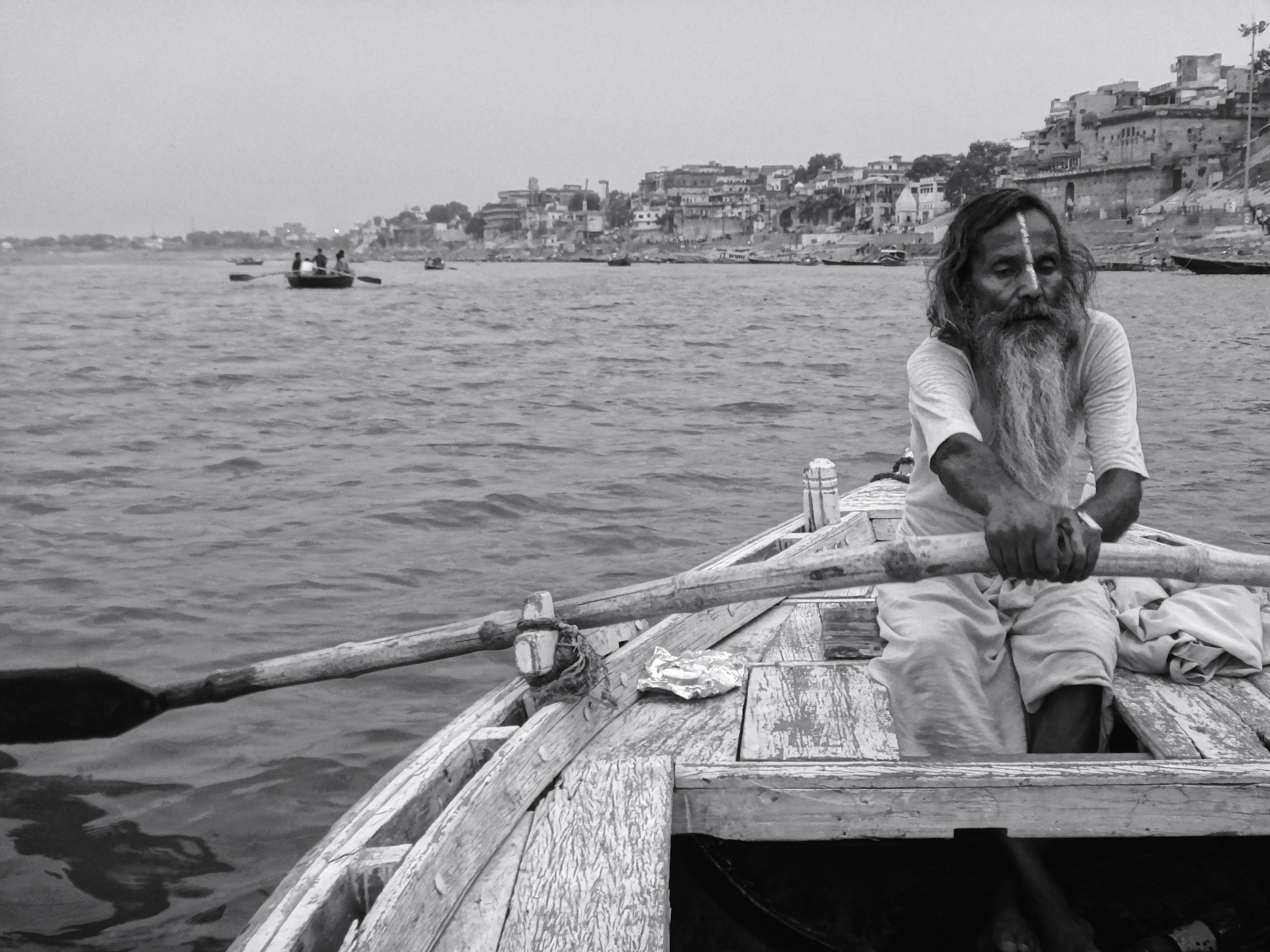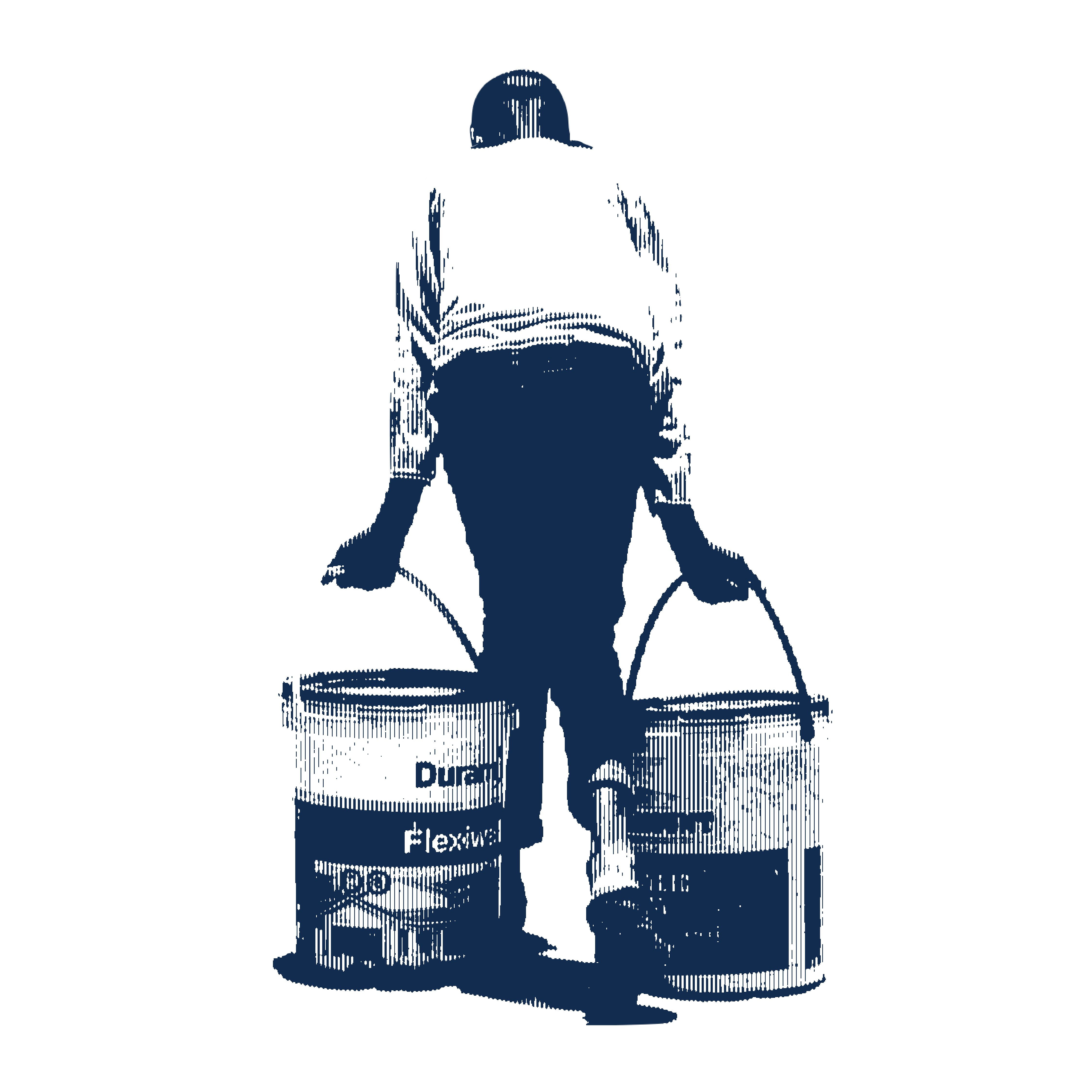
The challenging task of stopping the infamous pollution of the Ganges River is only possible with "Jan-Bhaagidaari" (people's participation), Prime Minister Modi recently said at the fifth meeting of the National Ganga River Basin Authority.
When Modi took office on May 26, 2014, he famously thanked two mothers. In Gandhinagar, the capital of the state of Gujarat in Western India, he thanked his own mother, Heeraben Modi. After receiving her blessings he traveled nearly 900 miles east to Varanasi where, along the banks of the Ganges River, referred to nationally as Ma Ganga (Ma meaning mother), he thanked India's holiest river for her strength. With that he promised he would clean the river within five years, adding, "Mother Ganga needs someone to take her out of this dirt and she's chosen me to do the work."
On this same day he appointed Uma Bharti, a politician known as much for her thirty years of experience as for her "admirable grit," to be cabinet minister of Water Resources, River Development and Ganga Rejuvenation. Bharti took Modi's statement about five years and claimed it would happen in three. Then two. When it comes to cleaning the Ganges, hopes in India are high but perhaps channeled into too few people.
Professor B.D. Tripathi of Banaras Hindu University is one person filled with such hope. He is considered a pioneer in the field of Ganges River pollution research, and he's been working on the cause for nearly 45 years.
"Modi is the first Prime Minister of India who has shown his dedication for mother Ganga and created a separate ministry for its rejuvenation," he said. "I hope he will succeed in his efforts. Over 450 million people rely on the Ganga. Saving the Ganga is the saving of humanity."
It's this prevailing sense of hope that, if Modi's rhetoric continues to pivot from "he" to "we," has the potential to rally India around finally creating and implementing a cohesive national strategy to save their most sacred river.
But it's already been one year, and despite stringent albeit antiquated legislature, India-based NGOs such as Observer Research Foundation (ORF) and Eco Friends believe some forms of pollution are increasing in the Ganges.
"Laws are in the books," said Sonali Mittra, an associate fellow at ORF. "But the implementation of these rules are woefully inadequate. Given the scope and complexity of the pollution -- non-point source and disaggregated -- regulations and monitoring are tedious tasks."
Mittra welcomes Modi's change in rhetoric. In fact, he believes it is what has been missing from the conversation:
"Creating a sense of ownership among the riverine communities and with users directly dependent on the resource has the potential to create a site specific and local social monitoring mechanism," he said. "Involving communities is imperative for realizing the target of sustainable pollution control and abatement."
Although Professor Tripathi and Mittra posit modern factors such as population growth and an industrial development model that ignores the triple bottom line, activists, NGOs and researchers alike still echo the unresolved issues that have been reported for decades: how millions of liters of sewage are still dumped into the Ganges each day; how an estimated 32,000 corpses each year are still dipped into the river and burned at the Manikarnika Ghat before having their ashes spread throughout the waters. They still speak of fecal coliform and chemical contaminants.
In other words, of nothing new. In fact, regarding the Ganges, Modi's first year has essentially been marked by three substantial events: his government's creation of the Clean Ganga Fund in September 2014, the recovery of over 100 corpses in January 2015 and the state's plans to build nearly 200 dams across the Ganges and its tributaries.
What is new, however, is Modi's shift away from himself as Ganga savior. While these words have certainly convinced the nation in his sincerity to tackle this pressing issue, they haven't brought about any real changes. Coupled with his active social media presence and the recent news that his BJP party is the world's largest political party, Modi's subtle shift in words is precisely what's needed to convert his positive messaging about cleaning the Ganges into a widespread sense of shared responsibility.




